Related Research Articles
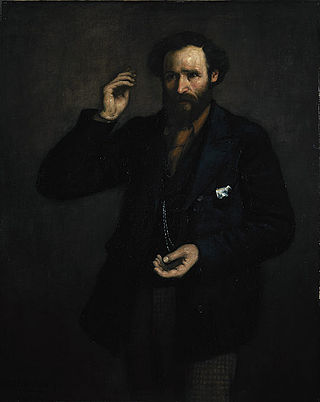
The Independent Labour Party (ILP) was a British political party of the left, established in 1893 at a conference in Bradford, after local and national dissatisfaction with the Liberals' apparent reluctance to endorse working-class candidates. A sitting independent MP and prominent union organiser, Keir Hardie, became its first chairman.
Red Clydeside was the era of political radicalism in Glasgow, Scotland, and areas around the city, on the banks of the River Clyde, such as Clydebank, Greenock, Dumbarton and Paisley, from the 1910s until the early 1930s. Red Clydeside is a significant part of the history of the labour movement in Britain as a whole, and Scotland in particular.

The Workers' Socialist Federation was a socialist political party in the United Kingdom, led by Sylvia Pankhurst. Under many different names, it gradually broadened its politics from a focus on women's suffrage to eventually become a left communist grouping.
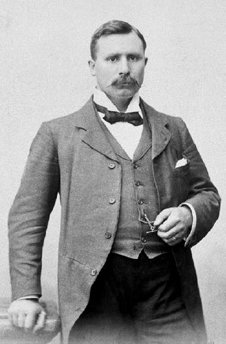
Thomas Mann, was an English trade unionist and is widely recognised as a leading, pioneering figure for the early labour movement in Britain. Largely self-educated, Mann became a successful organiser and a popular public speaker in the British labour movement.
The Dominion Labour Party (DLP) was formed in Canada in 1918 in opposition to Canadian participation in World War I. The party enjoyed its greatest success in the province of Manitoba.

Daniel Desmond Sheehan, usually known as D. D. Sheehan was an Irish nationalist, politician, labour leader, journalist, barrister and author. He served as Member of Parliament (MP) in the House of Commons of the United Kingdom of Great Britain and Ireland representing Mid-Cork from 1901 to 1918, a constituency comprising the districts of Ahadallane, Ballincollig, Ballyvourney, Blarney, Coachford, Farran, Inchigeelagh, Macroom, Millstreet and Shandangan. As co-founder and President of the Irish Land and Labour Association, he was credited with considerable success in land reform, labour reforms and in rural state housing. From 1909, he was General Secretary of the Central Executive of the All-for-Ireland League, favouring a policy of National reconciliation between all creeds and classes in Ireland. During World War I he served as Irish regiments officer with the 16th (Irish) Division in France, 1915–16. He resigned his parliamentary seat in 1918 and lived in England for several years, returning to Dublin following the ending of the civil war, when he was appointed editor of the Dublin Chronicle.

John Warburton Beckett was a British politician who was a Labour Party MP from 1924 to 1931. During the 1930s, he joined the fascist movement, first in the British Union of Fascists and later as founder of the National Socialist League and the British People's Party. During World War II, he was interned in Britain.

The Communist League was a small far-left organisation in the United Kingdom which existed during the year of 1919. Its stated goal was to establish a network of workers' councils that would "resist all legislation and industrial action directed against the working class, and ultimately assuming all power, establish a working class dictatorship".

John Bruce Glasier was a Scottish socialist politician, associated mainly with the Independent Labour Party. He was opposed to the First World War.
William Crawford Anderson was a British socialist politician.

The Sheffield Trades and Labour Council, usually known as the Sheffield Trades Council, is a labour organisation uniting trade unionists in Sheffield.
The National Association of Discharged Sailors and Soldiers (NADSS) was a British veterans' organisation.
The National Federation of Discharged and Demobilised Sailors and Soldiers (NFDDSS) was a British veterans organisation.
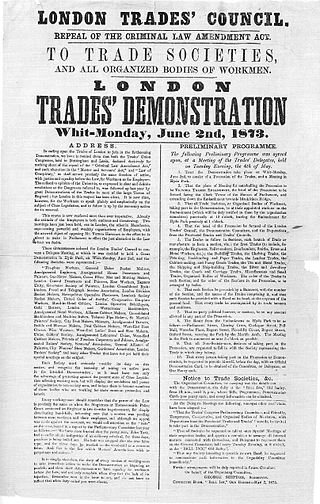
The London Trades Council was an early labour organisation, uniting London's trade unionists. Its modern successor organisation is the Greater London Association of Trades (Union) Councils

The British Socialist Party (BSP) was a Marxist political organisation established in Great Britain in 1911. Following a protracted period of factional struggle, in 1916 the party's anti-war forces gained decisive control of the party and saw the defection of its pro-war right wing. After the victory of the Bolshevik Revolution in Russia at the end of 1917 and the termination of the First World War the following year, the BSP emerged as an explicitly revolutionary socialist organisation. It negotiated with other radical groups in an effort to establish a unified communist organisation, an effort which culminated in August 1920 with the establishment of the Communist Party of Great Britain. The youth organisation the Young Socialist League was affiliated with the party.
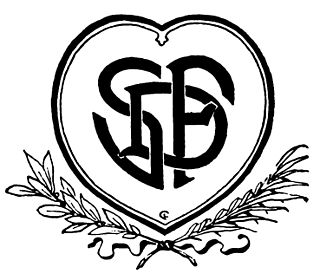
The Social Democratic Federation (SDF) was established as Britain's first organised socialist political party by H. M. Hyndman, and had its first meeting on 7 June 1881. Those joining the SDF included William Morris, George Lansbury, James Connolly and Eleanor Marx. However, Friedrich Engels, Karl Marx's long-term collaborator, refused to support Hyndman's venture. Many of its early leading members had previously been active in the Manhood Suffrage League.
The Scottish Socialist Party (SSP) was an organisation of former Independent Labour Party members who wished to remain part of the Labour Party after their former party disaffiliated.
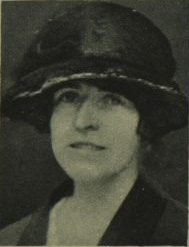
Agnes Johnston Dollan MBE, also known as Agnes, Lady Dollan, was a Scottish suffragette and political activist. She was a leading campaigner during the Glasgow Rent Strikes, and a founding organiser of the Women's Peace Crusade. In 1919, she was the first woman selected by the Labour party to stand for election to Glasgow Town Council, and later became Lady Provost of Glasgow.
Ernest Edwin Hunter (1883–1947) was a British political activist and journalist.
Henry William Sampson, often known as "Sammy", was an English-born South African trade unionist and politician.
References
- 1 2 3 4 The National Union of Ex-Servicemen and the Labour Movement, 1918-1920. David Englander. History. 1991
- 1 2 Intelligence Surveillance of British Ex-Servicemen, 1918-1920. Stephen R Ward. The Historical Journal. 1973
- 1 2 3 4 5 6 7 Barnett, Marcus; Broder, David (12 November 2018). "Comrades at War". Jacobin . Retrieved 20 November 2018.
- ↑ The Rebel Who Lost His Cause - The Tragedy of John Beckett MP. Francis Beckett. 1999